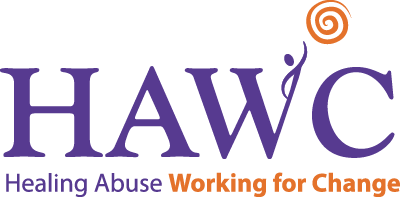Conversations surrounding immigration issues in America cover a wide variety of deeply complex, systemic issues. As these issues permeate more and more of the 24-Hour news cycle, it is essential to understand potential reasons for legal and illegal immigration and the consequences that follow strict or narrow-minded law-making.
Many immigrants and undocumented individuals go to the United States to escape serious domestic and intimate partner violence. In fact, according to reports from the United Nations, there have been five times more individuals from Honduras, Guatemala, and El Salvador seeking asylum from violence since 2008. For these individual fleeing violence, deportation can be extremely dangerous and even fatal.
The New Yorker recently told the story of one particular individual, Laura S., who’s routine traffic check led to violent death at the hands of an ex-partner. Raised by a single mother, Laura started dating a man named Sergio at 18, giving birth to their first child a year later. Together, they moved from Mexico to Texas, where Laura experienced overwhelming abuse for years before filing an emergency protection order. Sergio was later deported when Laura charged him with assault and violation of the order. From there, he threatened Laura, promising that if she ever returned to her home country, he would kill her.
Laura was later pulled over for driving between the lines and taken to the police station. Without a chance to make her case before a judge, Laura was denied the opportunity to apply for a U-Visa or use the Violence Against Women Act (VAWA) to argue her case. Despite her insistence that deportation meant certain death, she was deported. Soon after returning to Mexico, she was found dead.
Laura’s story is not an exception. Sarah Stillman of The New Yorker writes, “In the past decade, a growing number of immigrants fearing for their safety have come to the U.S. only to be sent back to their home countries…to violent deaths.” After contacting more than 200 local legal-aid organizations, domestic abuse shelters, and immigrants’-right groups, Stillman found that there was a pattern of immigrants fruitlessly warning U.S. officials that deportation was extremely dangerous.
In fact, the United States has laws in place to protect immigrants seeking safety. In addition to U-Visa and VAWA laws, the U.S. has maintained non-refoulement laws since World War II. These laws protect anyone with “credible fear of persecution,” forbidding the removal of asylum seekers to countries where they will be tortured or killed. However, to qualify for this protection, one must be facing persecution on the basis of race, religion, nationality, political opinion, or membership in a particular group; persecution at the hands of a partner may not meet this criteria, depending on the individual opinions of the immigration judge overseeing the case. Now, there is a growing number of rejections: In 2017, judges rejected 60% of asylum seekers, the highest denial rate in a decade.
For many immigrants and undocumented individuals seeking safety, there is no opportunity to ask for asylum or try to fight for these protections. The New Yorker reports that many Customs and Border Protection officers don’t ask the required questions to see if anyone is seeking asylum. According to a 2014 American Civil Liberties Union (ACLU) report, 55% of people who were deported without seeing an immigration judge say they were never asked about fear of persecution. Those who are asked and allowed to make a case in front of a judge aren’t entitled to legal aid or representation, some even being told that the “United States is not giving asylum anymore.”
These strict rulings do not only lead abuse survivors to death in their home country. They also lead to a decreased rate of domestic abuse reports within immigrant populations in the U.S., as those experiencing abuse may be afraid to come forward for fear of deportation. Since immigrants and undocumented individuals have faced harsher than ever immigration laws within the past year, reports of sexual assault among Los Angeles’ Latino population have declined 25% in only the first three months of 2017, while domestic abuse reports dropped 10%. In some states, these reports fell more than 85% in the first eight months of the year.
While conversations occurring across the country grapple with a wide range of implications for immigration laws, HAW focuses on the often silent consequence of these policy changes for abuse survivors. As a nonprofit organization, HAWC offers comprehensive help to domestic abuse survivors regardless of immigration status. If you need help and speak a language other than English, HAWC can put you in touch with someone who can assist you if you call our 24-Hour hotline at 1-800-547-1649. We encourage you to consult an immigration attorney if you are considering calling upon U-Visa or VAWA for protection. For referrals, visit WomensLaw.org.
References
- Stillman, Sam. (January 15, 2018). “When Deportation is a Death Sentence.” The New Yorker Retrieved from https://www.newyorker.com/magazine/2018/01/15/when-deportation-is-a-death-sentence .


